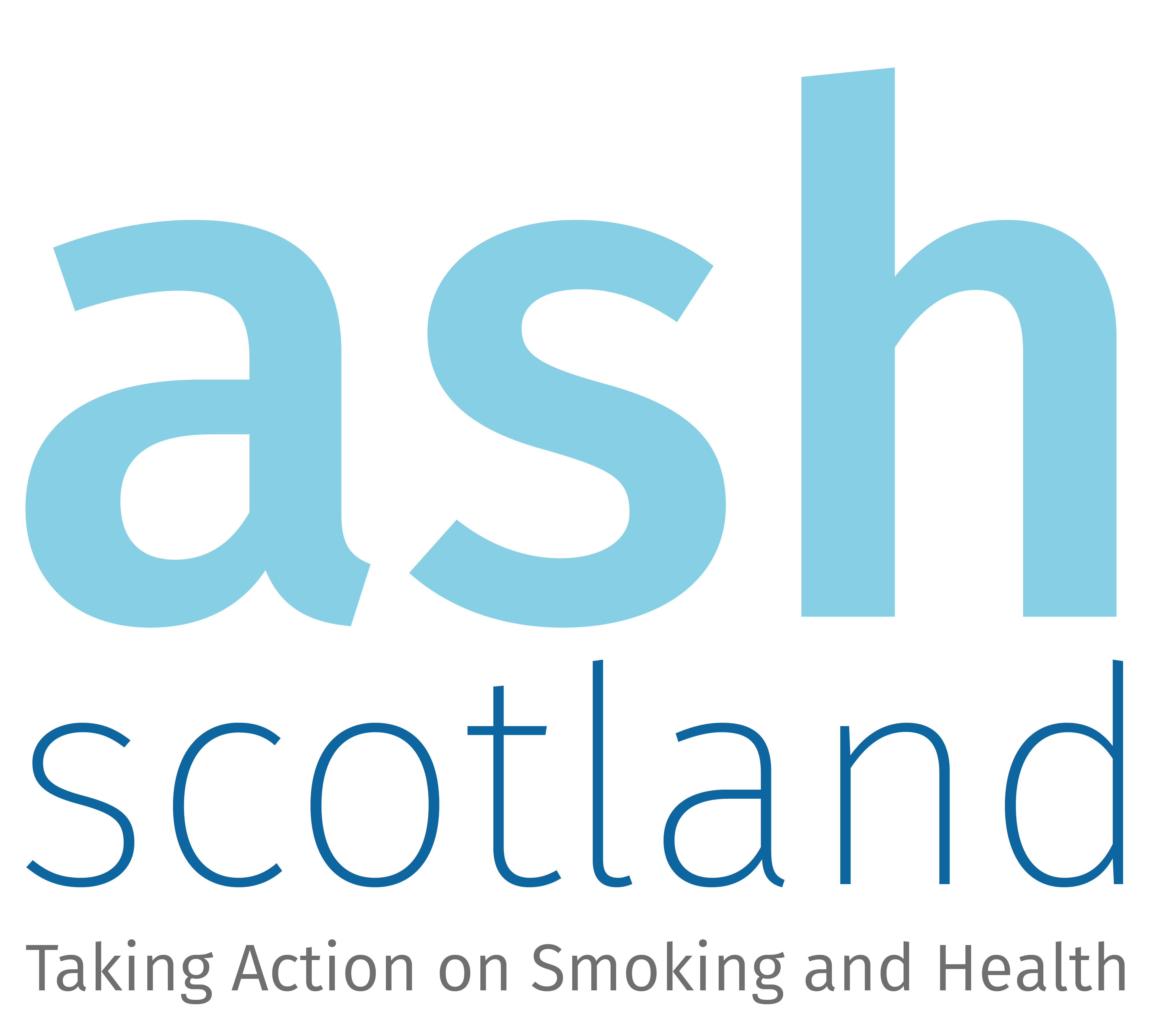Scottish Paediatricians join call for a ban on disposable e-cigarettes
06 June 2023
Royal College of Paediatrics and Child Health (RCPCH) is urging the Scottish Government to implement an outright ban on disposable e-cigarette products due to their disproportionate use among children and young people and their detrimental impact on the environment.
The College has long campaigned for action to reduce children smoking and in recent years on their growing use of e-cigarettes. Alarming data that shows the number of young people vaping has once again increased, with latest figures showing that 10% of Scottish 15-year-olds use e-cigarettes regularly, a considerable rise from the 2018 Scottish Schools Adolescent Lifestyle and Substance Use Survey (SALUS) which showed 3% to be vaping regularly.
E-cigarettes are not a risk-free product and can be just as addictive, if not more so than traditional cigarettes. Experts agree that we need longer-term data on the effects of using e-cigarettes, particularly in regards cardiovascular disease. However, since e-cigarettes have only been on sale in the UK since 2007, long-term studies don’t yet exist. We have even less evidence on the long-term impacts of these products on young lungs, hearts, and brains. Paediatricians are deeply concerned about what this unprecedented rise in uptake will mean for the health of young people using them now and for our future generations.
In addition to potential health issues, we cannot ignore the serious environmental impact of disposable e-cigarettes. Currently at least 1.3 million disposable vapes are thrown away every week in the UK – two every second. A single-use vape also contains on average 0.15g of lithium (a limited resource) – the mining of which has led to water loss, ground destabilisation, biodiversity loss, increased salinity of rivers, contaminated soil and toxic waste. Recent coverage has also shown that these products are notoriously difficult to recycle and often cause dangerous fires in waste plants. Their damage cannot be overstated.
Campaigns in Scotland calling for the ban of disposable e-cigarettes are ongoing, and the proposals are currently being considered by the Scottish Government, with the First Minister, Humza Yousaf MSP, stating during a recent FMQ session that a ban is an option not “off the table”. Zero Waste Scotland’s report about its urgent review looking at the environmental impacts, such as litter and fire risk – which is a particular problem when the electronic devices end up in landfill – was expected to be submitted to the Scottish Government in May. With more than half (20 out of 32) Scottish Councils now backing proposals for a ban and only one not in favour, it’s clear that this campaign is picking up pace.
RCPCH Officer for Scotland Dr Mairi Stark said: “Paediatricians in Scotland have been increasingly concerned with the rate of e-cigarette use among children and young people. E-cigarettes categorically should not be used by children. At best they are a smoking cessation tool, at worst a harmful pathway to nicotine addiction, with research from the World Health Organisation showing that young people who vape are up to three times as likely to start smoking.
“It’s no real surprise that these disposable products are so popular with young people, these products are so often targeted towards them. Disposable e-cigarettes are brightly coloured, containing exotic flavours and labelled with enticing names. It’s a true scandal.
“There’s a clear mandate for a ban on disposable e-cigarettes in Scotland. I’m proud to say that Scotland has been taking a more proportionate and cautious approach to e-cigarettes than our UK counterparts. Scottish paediatricians are on-board and calling for the Scottish Government to ban disposable e-cigarettes once and for all. It’s time to prioritise our children’s health and the environment that they will inherit.”
President of Royal College of Physicians Edinburgh (RCPE) Professor Andrew Elder, said: “We are deeply concerned about the rising use of disposable electronic cigarettes. Many of our members specialise in treating people for a range of diseases that can be caused by smoking including cancer, heart disease, stroke, lung diseases, diabetes, and chronic obstructive pulmonary disease (COPD). They are, therefore, concerned by evidence from the WHO that suggests there is ‘strong to conclusive’ evidence that many young people using e-cigarettes are at an increased risk of progression to using lit smoked tobacco, including cigarettes.
“Ill health in adult life often has its roots in childhood – if we are serious about prevention, then we must all heed the evidence. And there is, of course, an important environmental element in considering whether to ban disposable electronic cigarettes. We consider that disposable devices are harmful to the environment.”
Chief Executive of health charity, ASH Scotland (Action on Health and Smoking Scotland) Sheila Duffy, said: “We welcome Royal College of Paediatrics and Child Health and Royal College of Physicians Edinburgh joining calls on the Scottish Government to implement an outright ban on disposable e-cigarettes, both to tackle the huge upsurge of youth vaping which is a major public health concern and to restrict the environmental damage.
“Nicotine is highly addictive and many of these cheap, brightly coloured and sweet flavoured disposable vapes include toxic chemicals that have not been safety tested for inhalation and could seriously damage health over time – this is especially worrying for children and young people as their lungs are still growing. RCPCH and RCPE are clinical experts who speak with authority about the risks to health.
“With the EU looking likely to ban disposable e-cigarettes by the end of 2026, Scotland has a great opportunity to re-establish itself as a leading public health nation and protect Scotland’s ambition for a generation free from tobacco by prohibiting the sale of these health harming recreational products in 2024.”
